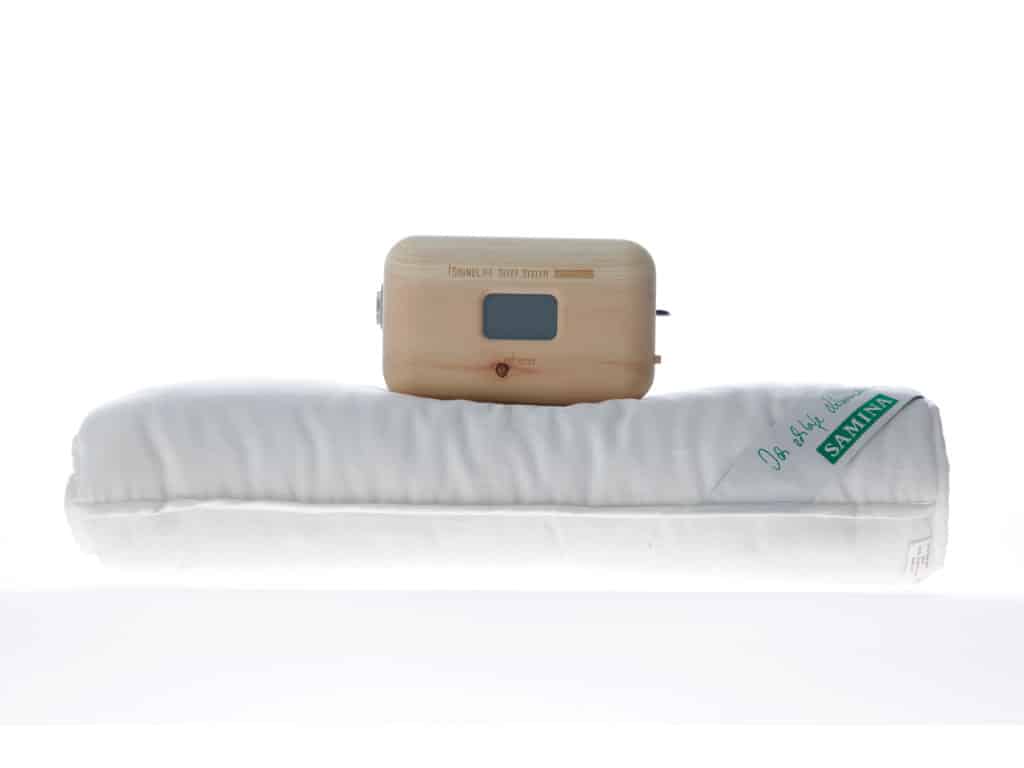Generally, sleep is one of the most elementary vital functions and an important precondition for physical and mental well-being. On an average, we spend one third of our lifetime sleeping. But, what is happening during sleep? On the one hand, we process mental and emotional experiences, at the same time different physical- and regeneration-processes take place during sleeping. It seems, that there is an important connection to our brain: studies revealed that sleep is playing a decisive role for our intelligence. How can music help to fall asleep?
It is a huge challenge to find a balance between stressful activities and a relaxed condition, especially before going to bed. Problems to fall asleep often occur on days on which we have not found enough time to relax. Optimal falling asleep requires optimal sleep preparation. This includes among other things letting go from physical, mental and emotional strain. In our “relaxing mode” our heart frequency ideally decreases to 60-70 heart beats per minute. Here, enjoying selected music has a surprising relaxing effect. Taiwanese scientists found out that listening to music for about 30 to 40 minutes before falling asleep cares for a relaxed breathing and circulation. This considerably improves as well intensity as quality of sleep.
Music – a relaxation aid
Music is intimately connected with us human beings. Its healing effect is known for thousands of years. The existence of numerous lullabies reveals that music and sleep are strongly connected. Sleep researchers and music therapists know about their positive effect. For example the stress-induced pulse can be effectively lowered by the appropriate music. Heart frequencies of 100 heart beats per minute and more become lowered and relaxed.
When falling asleep, stress hormones become exchanged with cuddle-, relaxing- and sleeping-hormones. Falling asleep becomes easier, the sleep is calmer and the whole course of the single sleeping phases gets optimized. This enables our body system to focus on the process of self-regulation, self-repair and self-healing. Furthermore, the body is able to activate and to support the needed mechanisms in the appropriate sleeping phases. This is very valuable for the maintenance of our physical-spiritual health. So, music can help to better come to rest at the end of the day.
Tips and hints for listening music when falling asleep
- Start with the musical enjoyment with the onset of your nighttime-preparations for going to bed. For example, while brushing your teeth or while reading in bed
- Classical piano music can develop a relaxing effect


This post is also available in / Diesen Beitrag gibt es auch in:


Leave a Reply